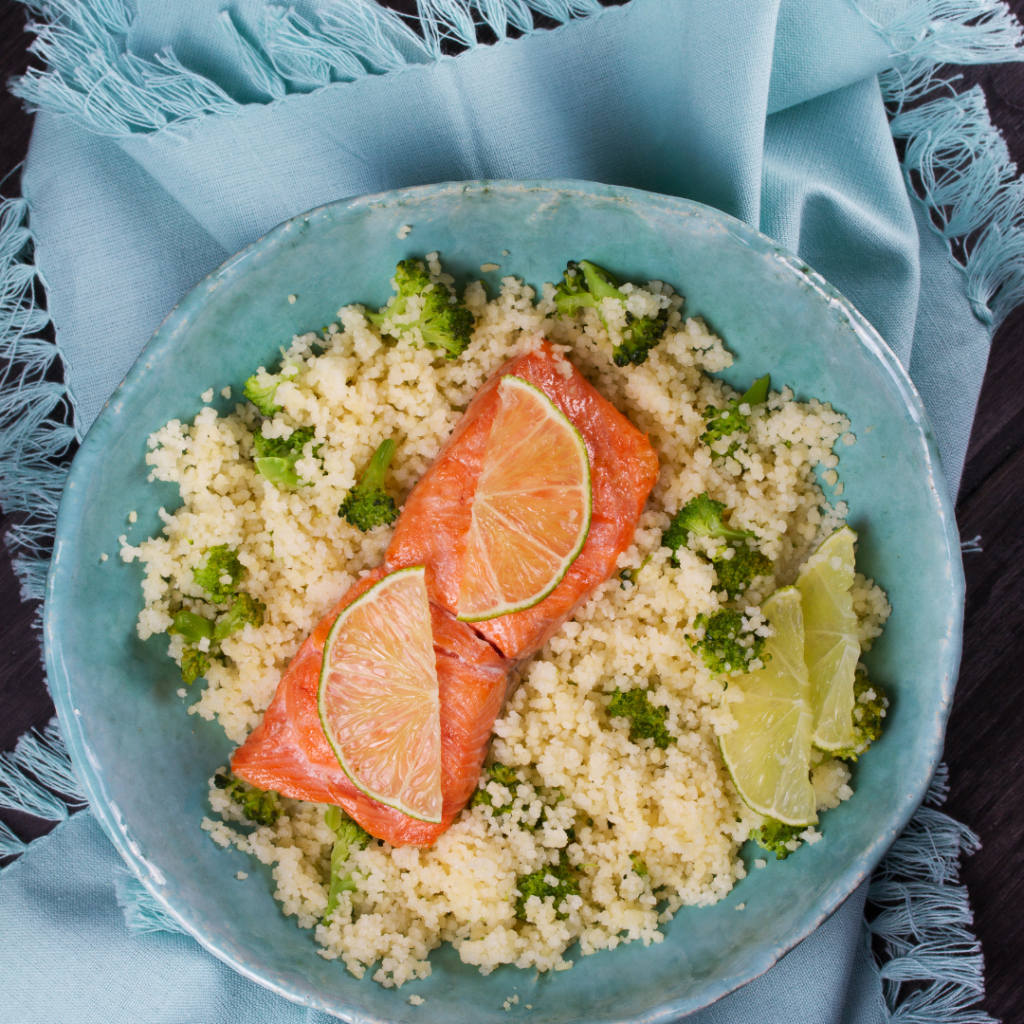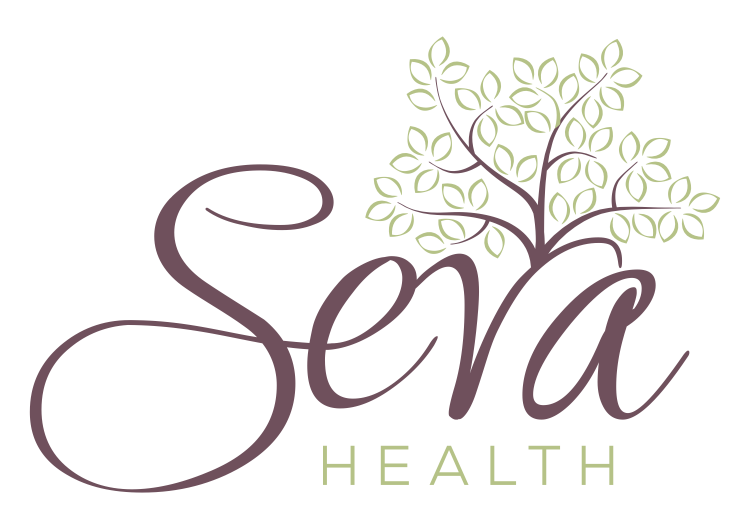
13 Feb Choline: Are You Getting Enough of This Essential Nutrient?
When it comes to brain health, we often hear about omega-3 fatty acids, antioxidants, and B vitamins. But there’s one powerful yet overlooked nutrient that plays a critical role in cognitive function, memory, and mood—choline.
Choline is an essential nutrient that supports brain development, protects against cognitive decline, and enhances mental clarity. However, many people—especially those following exclusive plant-based or low-fat diets—aren’t getting enough. Let’s explore why choline is crucial for brain health and how to make sure you’re getting enough.
Why Choline Is Essential For Brain Health
Choline (pronounced kow-leen) is a water-soluble compound that is neither a vitamin nor a mineral but is often grouped with B vitamins due to its similar functions. It is essential for brain function, liver health, and metabolism. While the body can synthesize small amounts of choline, most of it must come from food sources. Here are four of the most important reasons why choline is essential for a brain healthy diet.
1. Memory & Learning
Choline is a precursor to acetylcholine, a neurotransmitter responsible for memory formation, learning, focus, and muscle control. Low choline levels can lead to brain fog, forgetfulness, and difficulty concentrating. Studies suggest that choline intake is linked to better cognitive performance and a lower risk of dementia and Alzheimer’s disease.
2. Brain Development (Especially in Pregnancy & Early Life)
Choline is crucial for fetal brain development and helps build the neural connections needed for lifelong cognitive function. Research shows that adequate choline intake during pregnancy enhances a baby’s memory and learning abilities later in life.
3. Protection from Neurodegenerative Diseases
Choline reduces inflammation in the brain and helps prevent age-related cognitive decline. It has been linked to a lower risk of Alzheimer’s disease, as it prevents the buildup of beta-amyloid plaques, which are known to damage brain cells. A study published in the journal Neurology found that higher choline intake was associated with better verbal and visual memory performance in adults.
4. Boosts Mood and Mental Health
Choline influences dopamine and serotonin production, neurotransmitters that regulate mood, stress, and anxiety. Low choline levels have been linked to symptoms of depression, anxiety, and mood swings.

How Much Choline Do You Need?
While the body can produce some choline in the liver, it’s not enough to meet daily needs, making dietary intake essential. Unfortunately, studies suggest that up to 90% of adults fall short of their recommended intake, which can lead to issues like brain fog, memory lapses, and mood imbalances over time.
Factors like high stress, excessive alcohol consumption, genetic variations, and certain medications can further increase choline needs, making it even more crucial to prioritize choline-rich foods in your diet.
Choline requirements vary by age, gender, and life stage, with higher needs during pregnancy and breastfeeding due to its role in fetal brain development. Generally speaking, the recommended daily intake (RDA) for choline is:
- Women (19-50 years): 425 mg/day
- Men (19-50 years): 550 mg/day
- Pregnant women: 450 mg/day (to support fetal brain and nervous system development)
- Breastfeeding women: 550 mg/day (to provide enough for both mother and baby)
Signs of Choline Deficiency
Choline plays a vital role in brain function, mood regulation, and muscle control. When intake is too low, it can lead to subtle but significant symptoms that affect daily life. Common signs of choline deficiency can include:
Brain Fog & Trouble Concentrating – Difficulty staying focused, mental fatigue, and sluggish thinking may indicate low acetylcholine levels, the neurotransmitter derived from choline.
Memory Lapses – Struggling to recall names, events, or recent conversations? Choline is essential for memory formation, and a deficiency can contribute to forgetfulness over time.
Mood Swings & Anxiety – Choline helps regulate mood by supporting neurotransmitters like dopamine and serotonin. Low levels have been linked to increased stress, irritability, and even symptoms of depression.
Fatigue & Low Energy – Choline is involved in metabolism and energy production. Without enough, the body struggles to efficiently convert food into energy, leading to chronic tiredness.
Muscle Weakness & Poor Coordination – Choline supports nerve signaling and muscle control. Deficiency can lead to muscle fatigue, cramps, or difficulty maintaining coordination.
In more severe cases, prolonged choline deficiency can contribute to liver dysfunction, fatty liver disease, and an increased risk of cognitive decline. If you’re experiencing these symptoms regularly, it may be time to assess your diet and increase your intake of choline-rich foods.

Incorporating More Brain Healthy Foods Into Your Diet
Changing your meal plan can feel daunting especially if you have children or picky eaters in your household. You don’t have to overhaul your entire diet to make a difference. You can start by simply incorporating the principles of the Mediterranean diet which makes getting more brain-healthy foods into your daily routine easier:
- Eat more fatty fish: Add salmon, sardines, or mackerel to your meals once or twice a week.
- Increase leafy greens: Toss spinach or kale into smoothies, salads, or side dishes.
- Snack smart: Keep almonds, sunflower seeds, and flaxseeds handy for nutrient-packed snacks.
- Boost choline intake: Enjoy eggs at breakfast or include liver in your diet.
- Add colorful produce: Aim for a variety of vibrant fruits and vegetables to maximize antioxidant intake.
Short on choline? Here’s some ideas to get more on your plate:
Animal-Based Sources (Highest in Choline)
- Egg yolks – One of the richest sources (~147 mg per yolk)
- Salmon – 90 mg per 3 oz
- Chicken breast – 72 mg per 3 oz
Plant-Based Sources of Choline
- Broccoli – 63 mg per cup
- Almonds & peanuts – 15 mg per ounce
- Soybeans (tofu, soy milk, edamame) – 54 mg per cup
- Avocados – 14 mg per half avocado
- Quinoa – 43 mg per cup
Tip: While plant-based foods contain choline, they are lower in concentration than animal sources. If you follow a vegan or vegetarian diet, focus on soy, quinoa, and cruciferous vegetables to boost your intake.
I like to suggest following this simple guideline: eat at least five servings of fruits and vegetables daily and strive for 30 different plant-based foods per week. Prioritizing whole, minimally processed foods ensures that your brain receives the nutrients it needs to stay sharp as you age.
By embracing the Mediterranean diet, you’re not just nourishing your body—you’re investing in long-term cognitive health and well-being.
Want to learn how to eat smart and think sharp?
Put Your Brain-Healthy Meal Plan Into Action!
Food should excite your taste buds and fuel your energy, and that’s exactly what my Greek Island Food & Wine Tour in October 2025 is all about!
This journey is inspired by the fresh, bold flavors of Greece—simple yet extraordinary meals that nourish the body and soul. I can’t wait to revisit Greece’s breathtaking landscapes and vibrant cuisine while sharing it all with you!
But why wait until October? Let’s start building better brains now!
When you sign up for the Greek Island Food & Wine Tour, you’ll get FREE access to my private community and new healthy eating classes coming this spring!
Your Registration Also Includes:



Spaces are Limited—Secure Yours Today!
Let’s make 2025 unforgettable with fresh flavors, meaningful connections, and incredible memories. Join me for a culinary adventure that will leave you inspired long after the trip ends!
Reserve Your Spot Now and Get Ready for the Journey of a Lifetime!
REGISTER NOW!


No Comments